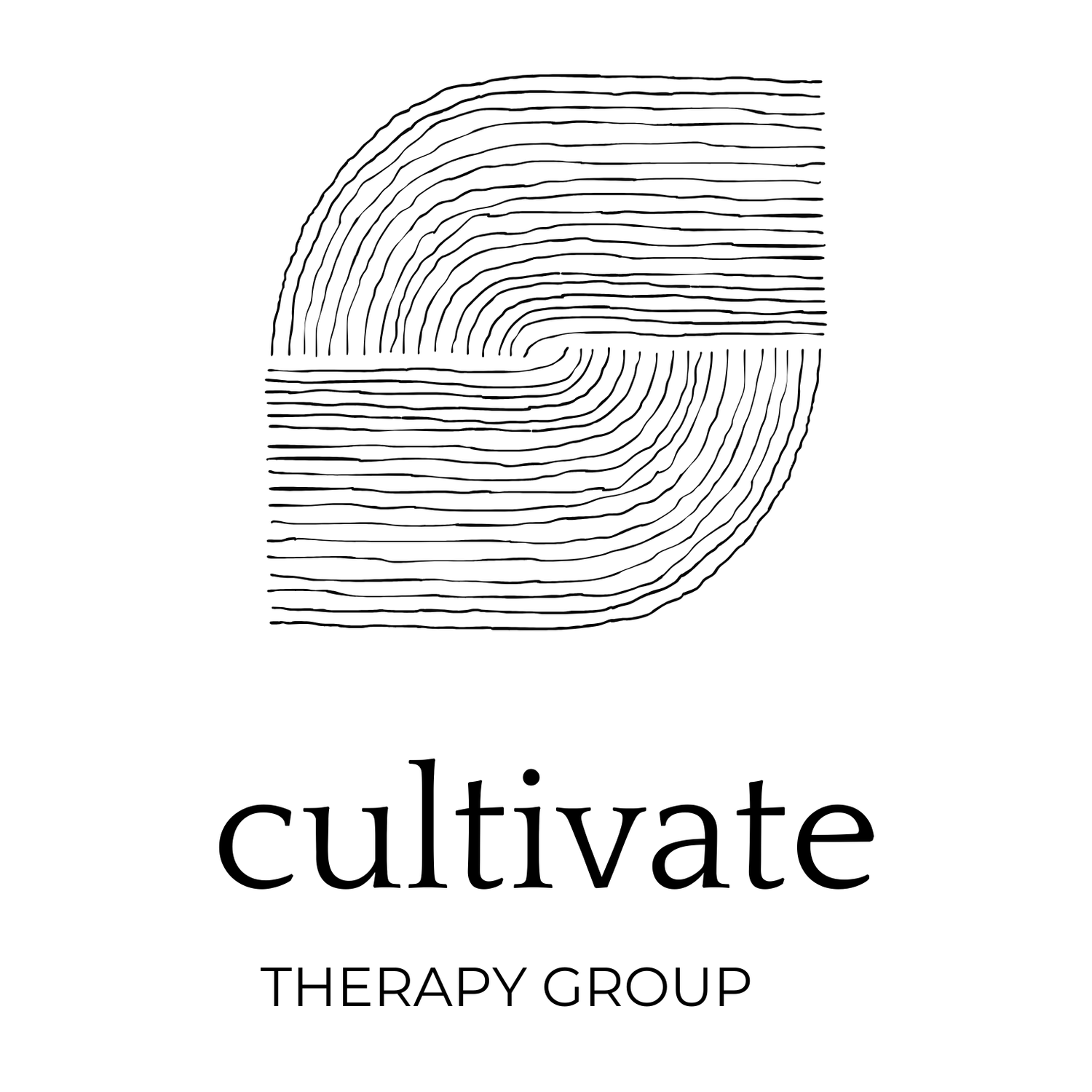Shame Messages: Negative Core Beliefs
Shame & guilt are universal emotions that we have all experienced. The best way to distinguish between guilt & shame is this -- guilt says “Woops, I did something wrong, I did something bad.” Shame says “I am bad, there is something wrong with me.” Small differences in language, hugely different meanings. Guilt is an uncomfortable feeling when something we’ve done, or not done, doesn’t measure up to our values. Guilt is usually specific to the experience, can be helpful and adaptive, and motivates us to change and grow. Shame, on the other hand, is the devastating feeling that there is something wrong inherently with who we are, thus making us unworthy of love and connection. Shame is typically consistent over time and experiences, a stable belief about who we are. Shame tends to be toxic, not adaptive, and is associated with depression, bullying, eating disorders, addiction, aggression, violence, and suicide.
Usually our shame messages, or negative core beliefs, develop early in life from family rules (be seen not heard, don’t be a burden, we don’t share hard feelings), family roles (the performer, the jokester, the all-star kid, the troubled kid), or from early childhood pain (abuse, bullying, family ruptures, trauma, etc.). Negative core beliefs often act as a magnet attracting evidence that supports its belief, but repelling contradictory messages. For example, someone with a negative core belief of “I’m unlovable” may have that message reinforced when a boyfriend cheats on them as a teenager, or can’t find a roommate in college, or when they feel lonely at a wedding in adulthood. These early wounds become tender buttons that get pushed in our adult lives. For instance, if someone yells at me or I feel I’m “in trouble” today as an adult, I will often feel exactly the same way I felt as a 2nd grader when I got in trouble for talking and had to pull a card in class.
We work hard to avoid feeling shame, and often turn to hiding places to numb out the uncomfortable feeling. We may use food, TV, technology, exercise, alcohol, substances, sex, porn, control, shopping, gambling, people pleasing, busyness, gaming, work or anything else to protect ourselves from feeling shame. Learning to recognize our cycle, like reaching for the ice cream after a stressful day or controlling the household when feeling afraid, can help us replace those numbing behaviors with more healthy coping. Instead of pouring another glass of wine, pick up your journal, call a friend, go for a run, or sit and meditate. Taking the time to identify our negative core beliefs can help us notice when they get triggered and use affirmations to remind ourselves of truth. Instead of spiraling into negative self-talk about being unlovable, someone may think “That’s old stuff. I know I am beloved, I am perfectly imperfect just as I am.”
Ultimately, as Brene Brown says, vulnerability is the secret superpower to fight shame:
If you put shame in a Petri dish, it needs three things to grow exponentially: secrecy, silence and judgment. If you put the same amount of shame in a Petri dish and douse it with empathy, it can't survive.
How can you fight shame today? Healing your shame may help impact your family for generations.

